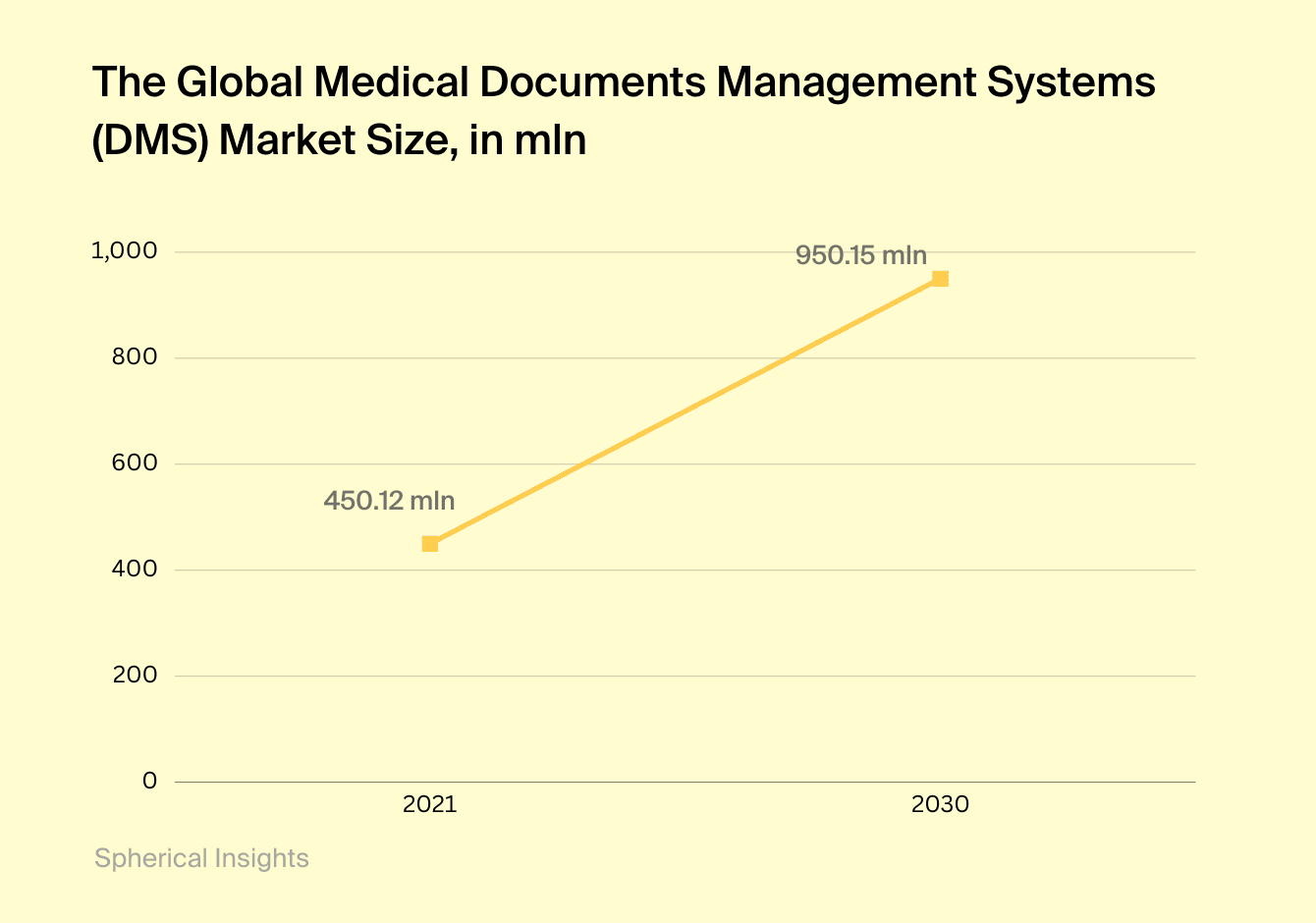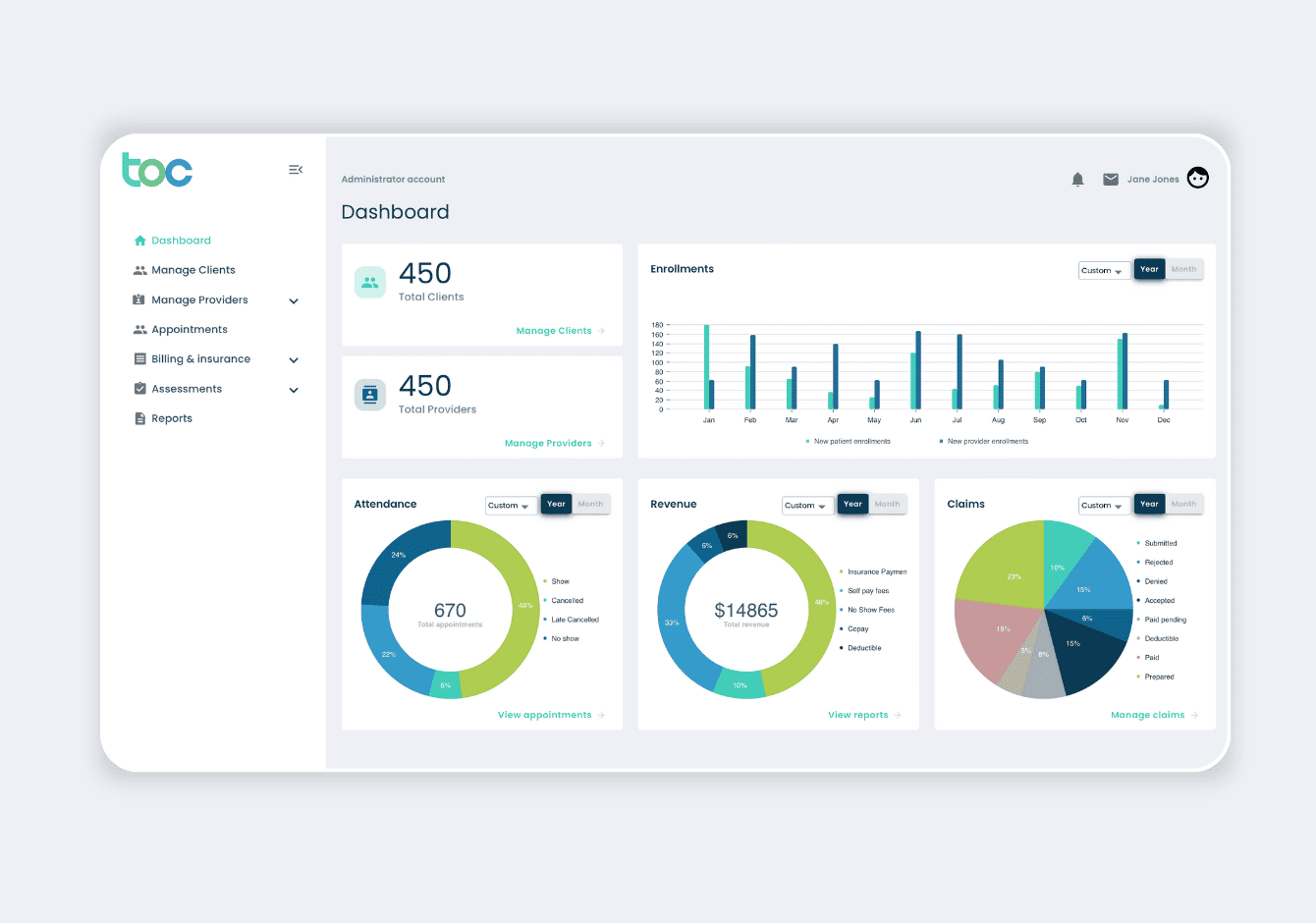Working with healthcare projects for more than 10 years
Medical Record Management Software Development
Through comprehensive requirement analysis, thoughtful design, and precise implementation, we craft custom medical records management solutions that integrate with existing systems to ensure compliance, security, and optimal workflow efficiency.
Contact Us





